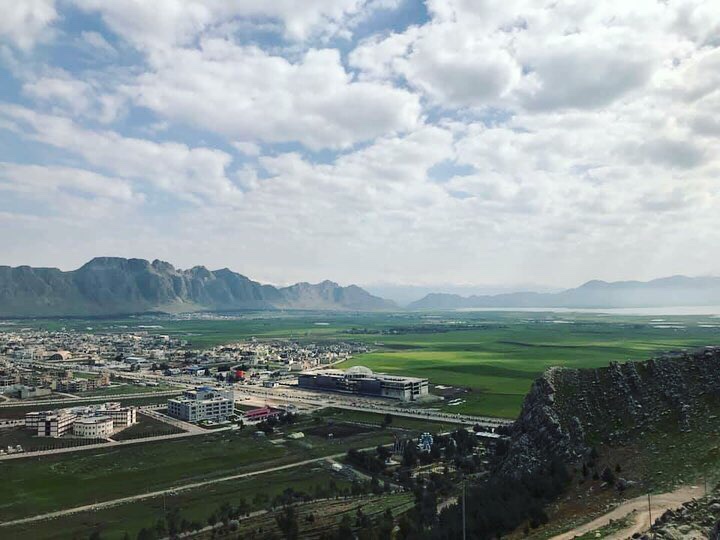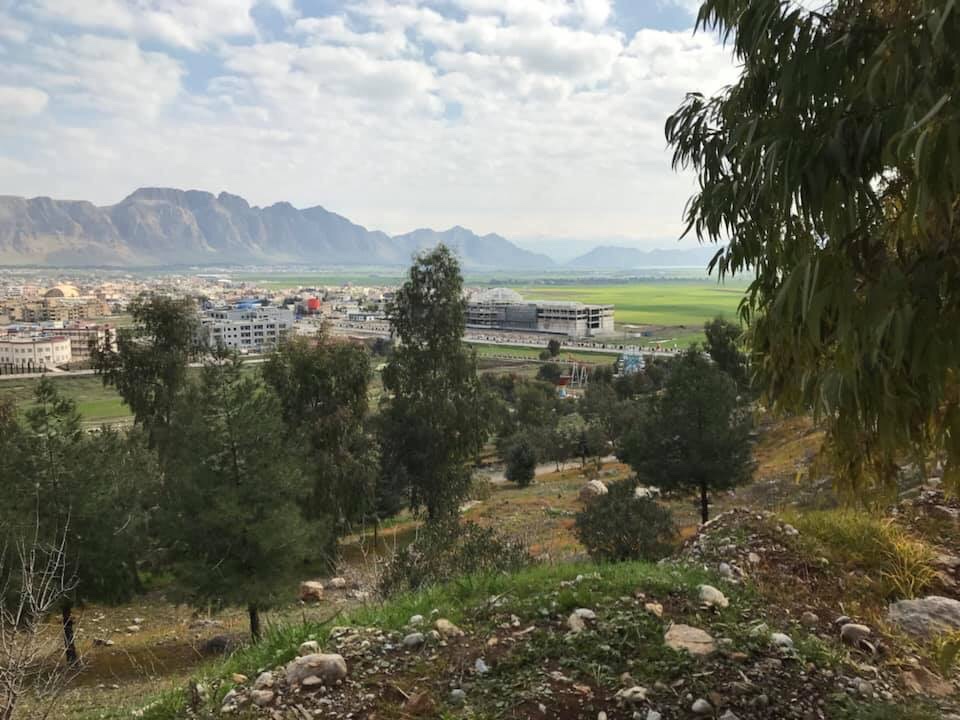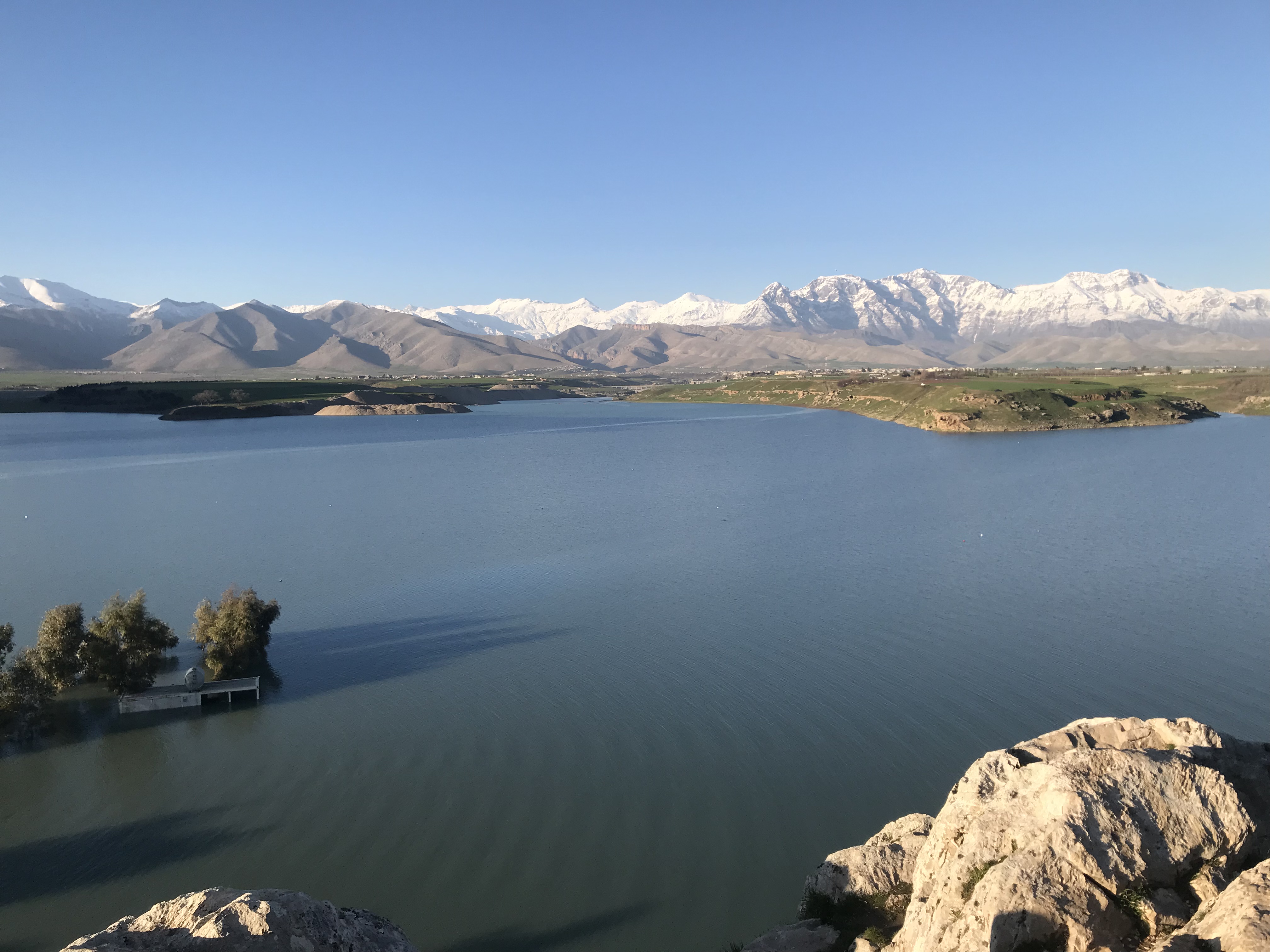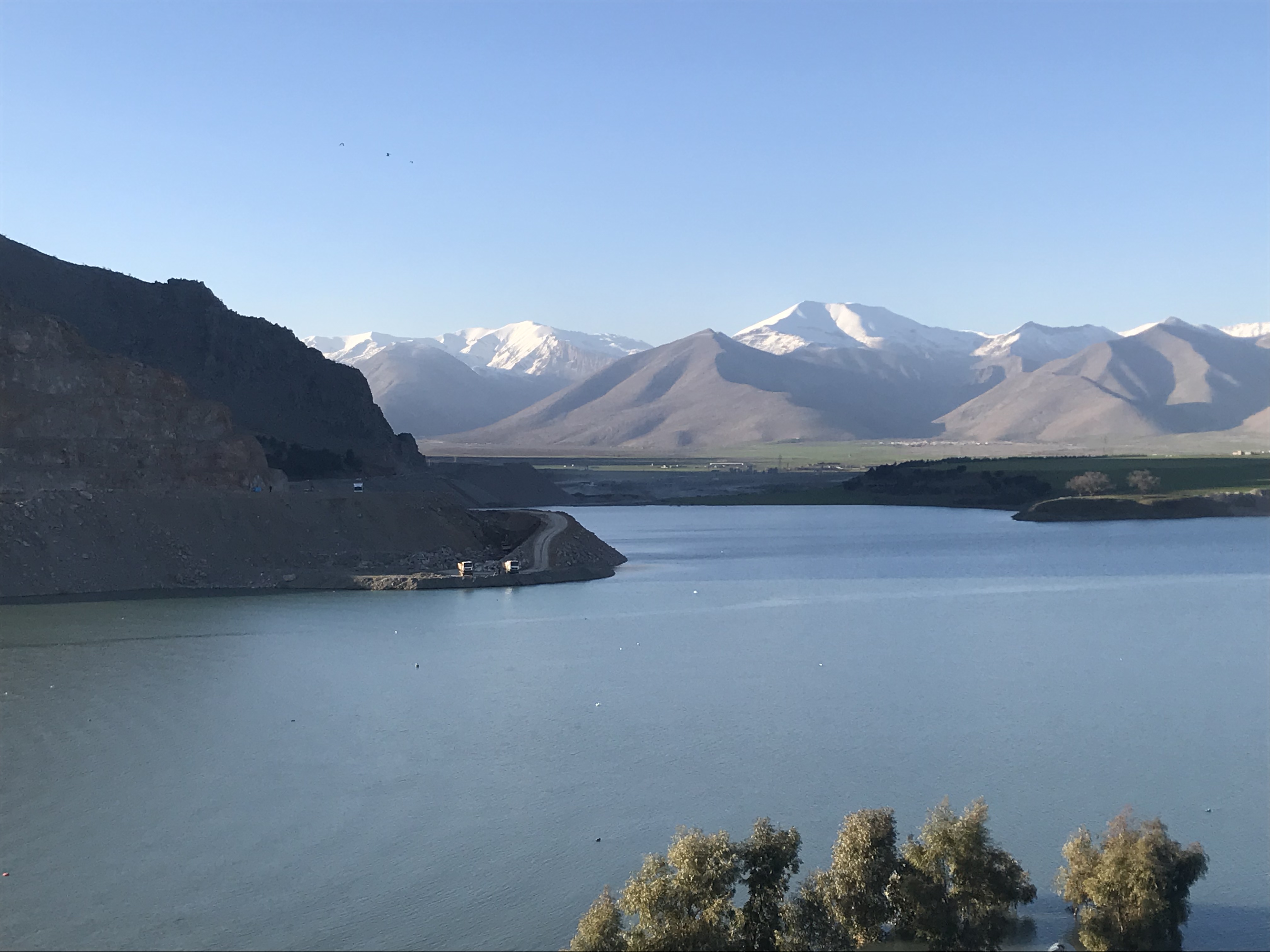
I rarely get political on this blog. While the theme of communicating across the boundaries of faith and culture doesn’t exclude politics, it would limit me too much. But I don’t think of this post as political. Rather, I see it as fitting for connecting the dots to a God who cared enough to walk among us
Last night the news came through that President Trump had pardoned several people. For me, the most disturbing pardon was given to four government contractors, who in 2007 massacred 14 Iraqi civilians and injured 17 others. Witnesses described the attack as a completely unprovoked ambush of innocent people. In Iraq, the tragedy is called “Nisour Square Massacre.” The group who were sentenced, now pardoned, worked for a private military contractor called Blackwater.
Among those killed was a 9-year old boy, shot in the head as he sat in the back of his father’s car.
The trial and subsequent guilty verdict was applauded by human rights leaders around the world. It showed the world, but especially Iraqi citizens, that military contractors would be held accountable for their actions.
I remember living in Phoenix at the time when news of the attack was broadcast. I remember being horrified but in an impersonal way. This was before I had visited Iraq; before I moved to the Kurdistan Region of Iraq and had the privilege of working under a boss who was from Baghdad; before I had worshiped in churches with Iraqi Christians. This was before all of that. I felt it, but not the same way.
I hear this news, news of justice rolled back, with a heavy heart. It contributes to what my friend calls a year of “incomprehensible sadness.” And this, just a day before Christmas is celebrated by a majority of the Western world.
The questions go through my mind – who paid for this pardon? Whose connections reversed justice? And though I know I can connect the theological dots, as it were, to what any of us deserve versus what Christ has done for us in his mercy and grace, I’m not going there.
Rather, I think about who is so far removed from this event that they make a decision with so little thought to the agony of the victims’ families? Who would dismiss the importance and significance of what a guilty verdict meant in the case?
A quote by John le Carré says that ‘a desk is a dangerous place from which to view the world.’ This decision was surely made from a view behind a large desk.
As usual, when I encounter something like this and try to make sense of it, I turn to reflective writing. Where is the ‘But God’ in this? Where, on Christmas Eve, can I find some measure of hope in what has proven time and time again to be an unjust world?
So I go back to the desk quote by John le Carré and there is where I find my hope. When Jesus entered our world as a small helpless baby, he moved away from the desk and entered the place of action where all of life happens. He encountered deep pain, anger at injustice, joy at weddings, dining and drinking with sinners, the beauty of a sunrise, the sadness of a woman cast out. He got out from behind the desk and got into the thick of it. We are told he “emptied himself and took on the form of a servant.”
That God, in his love for us, entered gladly through the person of Christ to live out the joys and struggles of life locked within the limitations of the human body, ultimately conquering sin, suffering, and death is the ultimate moving away from the desk scenario. This is the incomprehensible story of the incarnation.
He loves us enough to get away from the desk. And on this Christmas Eve of 2020, a year where I have grieved and mourned personal and collective death and loss, injustice and wrong, I find my only hope is to rest in the promise that some day evil will be conquered and it won’t be from behind a desk.
So I pause, close my eyes, and hear the beautiful words sung on Christmas Eve “a thrill of hope, a weary world rejoices, for yonder breaks a new and gloriously morn.”
May Christmas Eve 2020 bring a measure of hope to your world.

























